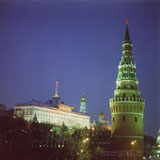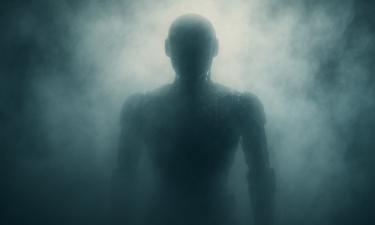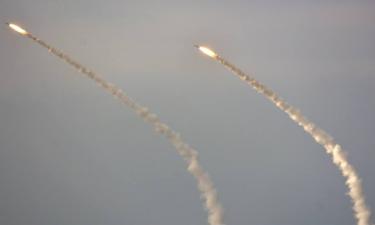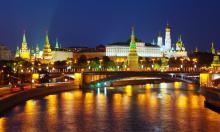Leap year 2004 brings pessimism to Russian society
The hostage crisis in Beslan became the central event of 2004
The year 2004 has justified its bad expectations as a leap year. The positive dynamics of the first three months of 2004 changed into unclear trends in summer and was then frustrated with the Beslan tragedy in September-October. The temporal stabilization, which was registered in November, was not preserved or developed any further. The results of the last month of 2004 showed that Russian people were entering the new 2005 year in a rather anxious, pessimistic atmosphere. 
The past year has created catastrophic expectations across the nation and dispelled people's hopes. No one can say anything precise about the intentions of the Russian government and its political course. One could outline a strategy, a certain project during the years of Putin's first presidential term. A series of systematic mistakes and failures has made this feeling vanish from the society when Putin took the office for another four years.
Everyone thought that the presidential election of 2004 would become the most important event in Russia. The hostage crisis in Beslan became the central event of 2004. The horrible tragedy in the small town in Russia's south has proved it again that the two years after the hostage crisis in Moscow's music theatre have been wasted in terms of the efficiency of the Russian special services, military agencies and the efficiency of the Russian authorities on the whole.
The horror of Beslan made many people forget about the start of the year 2004: a blast in the Moscow metro, the assassination of the Chechen President Akhmad Kadyrov in May and the massacre in the republic of Ingushetia, followed by double air crashes. One may not acknowledge that Chechen terrorists have kept their promise to take the war to other regions of Russia, though. Corruption, however, and unfavorable economic situation in the country generates prerequisites both for terrorism and massive mutinies. The year 2004 was over for the Northern Caucasus with the Beslan crisis and the rebellion in the republic of Karachayevo-Cherkessia.
January of 2004 was marked with parliamentary elections in Russia. The elections ousted the rightist forces from politics; United Russia party obtained the majority of seats in the Duma, and it became much easier for the government to promote its initiatives in the parliament.
President Putin dismissed the government of Mikhail Kasyanov in February. Subsequent changes in the structure of the Russian government distracted people's attention from another important event, which took place in March of 2004. Vladimir Putin took the office of the Russian president as a result of the election in March. Putin received 71.2 percent of votes and became the undisputable leader of the presidential race. Other candidates' accomplishments paled in comparison with Putin's triumph: Nikolai Kharitonov from the Communist Party received 13.8%, Sergei Glazyev – 4.1%, Irina Khakamada – 3.8%, Oleg Malishkin – 2% and Sergei Mironov – 0.8%.
It became known in July of 2004 that the split in the Communist Party of the Russian Federation (known for the Russian initials as KPRF) went beyond the party's scope and took the shape of a scandal, which was accompanied with mutual insults and accusations.
The political year 2004 was marked with Putin's amendments to the laws about general principles of organizing lawmaking and executive state power agencies in Federation units and about basic election guarantees for people's participation in referendums. The amendments cancelled the gubernatorial election: from now on the president will be nominating Russian governors and legislative assemblies will be appointing them. It is noteworthy that if the assembly rejects the candidacy twice, the president has a right to appoint an interim governor and dissolve a local parliament.
Subscribe to Pravda.Ru Telegram channel, Facebook, RSS!





